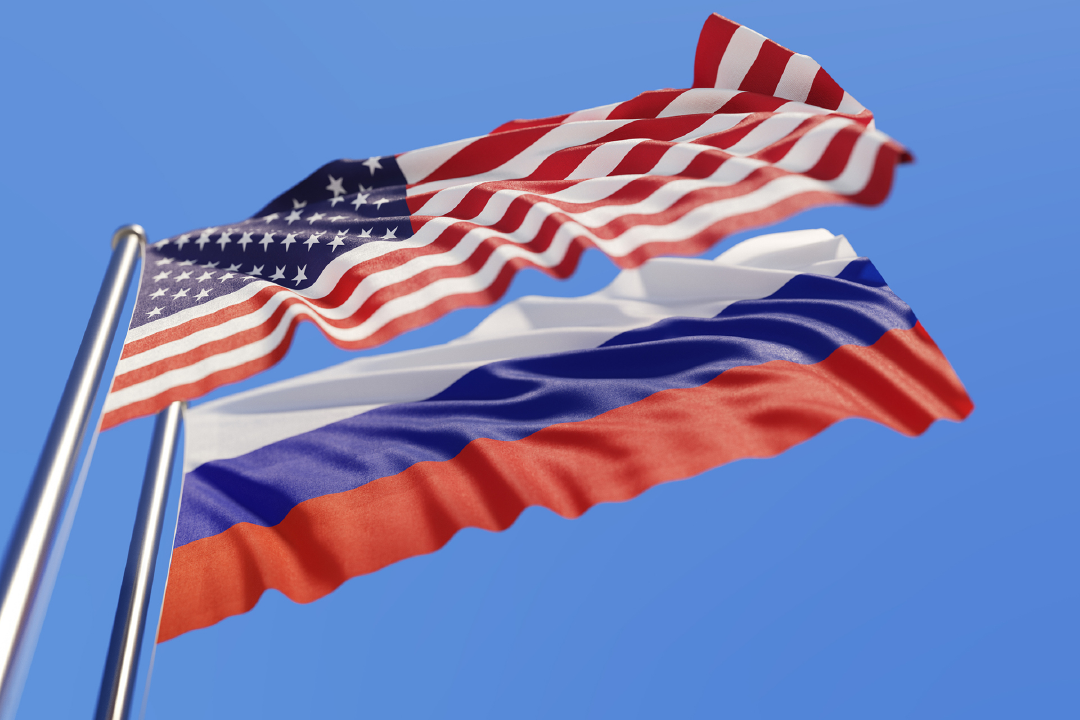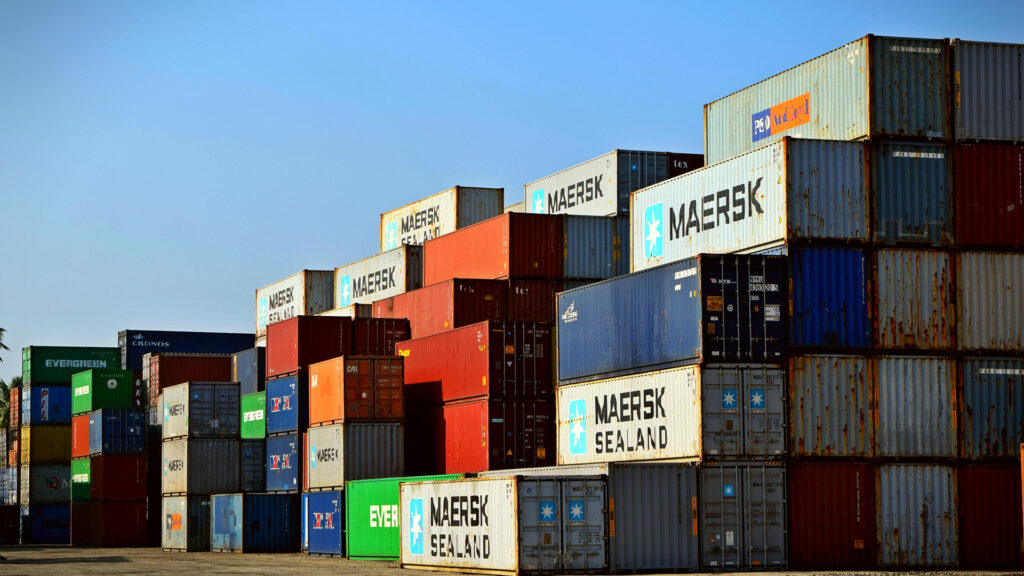Introduction
Effective 23 January 2024, the US Department of Commerce, Bureau of Industry and Security (BIS) has published a Final Rule in the Federal Register that further expands the list of products that are subject to the Russian and Belarusian Industry Sector Sanctions for which a license is required for the export, reexport, or transfer (in-country) to or within Belarus or Russia. The Final Rule was published today, 25 January 2024.
Background
Originally, the Russian Industry Sector Sanctions (RISS) were introduced in 2014 in response to Russia’s annexation of Crimea and focused on the oil sector. Since Russia’s aggression against Ukraine, in 2022, BIS amended the RISS to include Belarus and expand the restrictions to hundreds of Schedule B numbers and corresponding HTS Codes for a broad range of items well beyond the oil sector. BIS ultimately removed the US Schedule B numbers and truncated the HTS Codes to 6-level codes to better align the HTS Codes with allies and partner of the Global Export Control Coalition (GECC).
Imposing New Export Controls
The latest expansion of the Russian and Belarusian Industry Sector includes adding 94 6-digit HTS codes to Supplement No. 4 to Part 746 of the Export Administration Regulations (EAR) to require a license for exports, reexports, or transfers (in-country) to Russia or Belarus. The additions include certain chemicals, lubricants, and metals, as well as the entirety of Chapter 88 of the HTS (Aircraft, spacecraft, and parts thereof), meaning the Russian and Belarusian Industry Sector Sanctions cover Chapters 84, 85, 88, and 90, in their entirety. The rule also adds export controls on certain antennas, antenna reflectors, and parts thereof covered by HTS Code 852910, which are classified as EAR99.
In addition, the action makes changes in the licensing requirements applicable to Crimea and makes other refinements, including revising recent restrictions targeting Iran’s supply of UAVs to Russia, and eliminating the de minimis level for foreign-made items that incorporate US-origin 9×515 or “600 Series” items when the foreign-made item is destined for Belarus or Russia.
The Final Rule contains a Savings Clause which authorizes the shipment of items affected by this action that were en route aboard a carrier to a port of export, reexport, or transfer (in-country), on January 23, 2024, pursuant to actual orders for export, reexport, or transfer (in-country) to or within a foreign destination, to proceed to that destination with No License Required (NLR).
The full Final Rule, including a list of the added HTS Codes, can be accessed here, 2024-01408.pdf (govinfo.gov).
As a reminder, for items covered by the HTS Codes in Supplement No. 4, the license review policy is a “policy of denial.” The primary exceptions to the license review policy of denial will apply for the export, reexport, or transfer (in-country) of items that (i) have flight safety applications or (ii) may be necessary for health and safety reasons or for items that meet humanitarian needs. These license applications will be reviewed on a case-by-case review policy “to determine whether the transaction in question would benefit the Russian or Belarusian Government of defense sector[.]”
Pending orders and shipments that are affected by this Final Rule may require companies to declare force majeure (although the license requirement is not expected to be removed in the near future) or cancel transactions, according to contract terms of purchase and sale.







